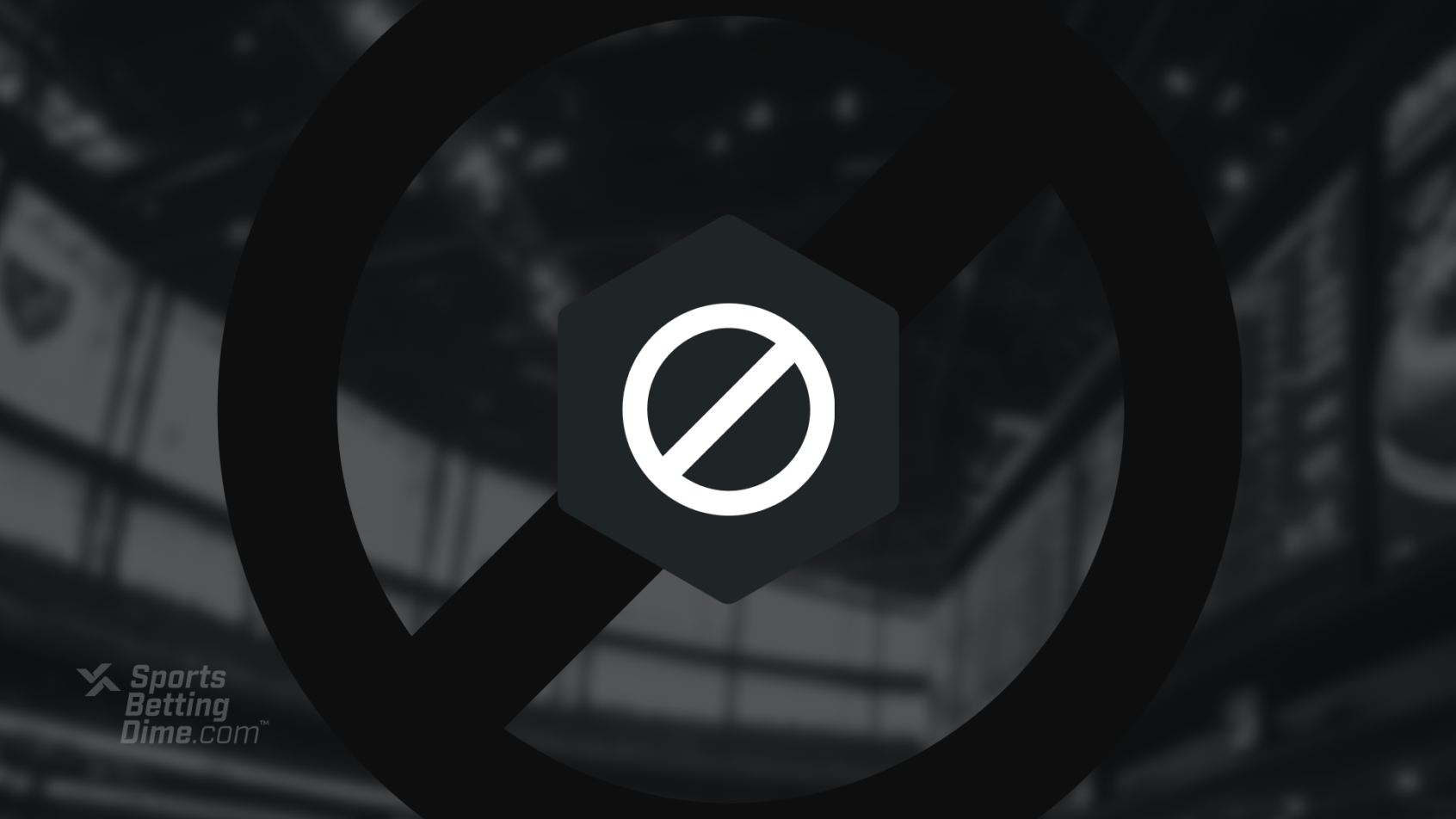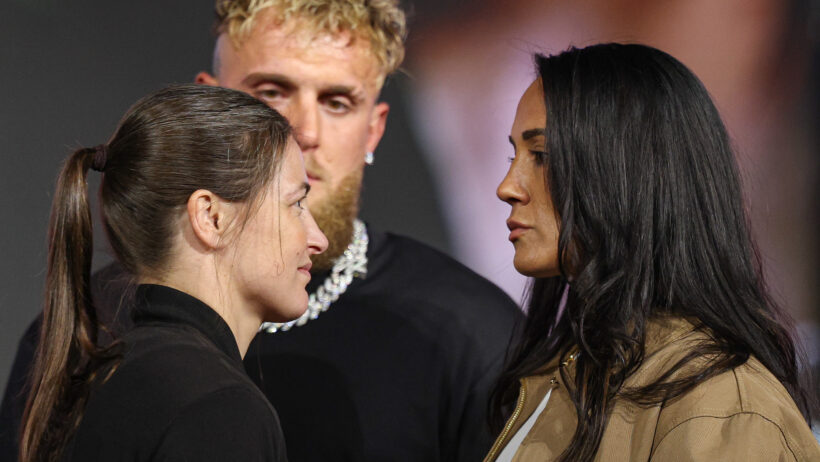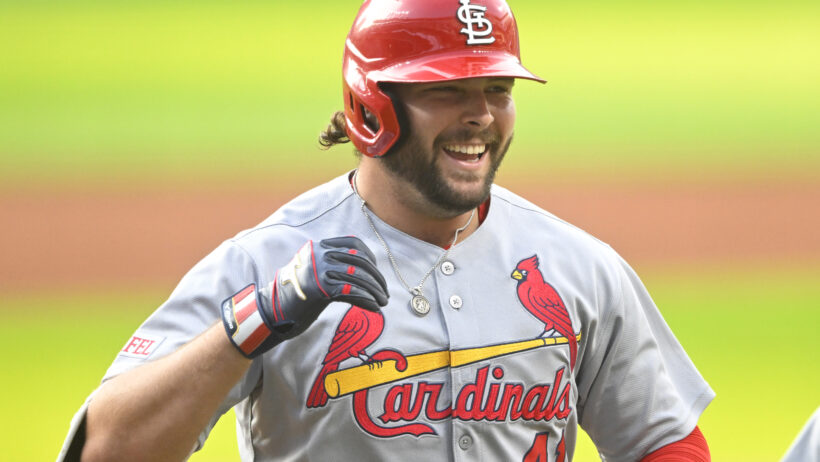How Underground and Unlicensed Betting in America Works

Placing bets via the shady realm of underground and unlicensed sports betting has never been a pleasant or safe experience. There are two places to bet on sports comfortably and securely: casinos and licensed online sportsbooks.
In this article, we explore how the illicit black market of sports betting functions, and speculate how widespread it really is. If you’ve ever been curious how sports bettors gamble in the back rooms of the world, read on.
Bookies, Oddsmakers, & Managers: Oh My!
It’s important to note that illicit operations like these are secretive and complex, and often have ties to organized crime. As such, they are super murky, and determining exactly how they operate is next to impossible (After all, it’s not like they go public with the information!). Despite that, the general structure of underground betting rings is relatively well-known and clear.
There are three different levels of a standard underground betting operation: the bookies, the managers, and the oddsmakers. The bookies are on the lowest rung of the betting ladder, while managers are the middlemen. Oddsmakers are the ringleaders of the entire operation, and they comprise the highest level of the operation.
What Do Bookies Do?
If you’ve seen any mob movies or television shows, you’re probably heard the term “bookie” tossed around. Quite simply, it’s a shorthand term for “bookmaker.”
Bookies collect bets from sports bettors and distribute the winnings. They’re responsible for the grunt work of laying wagers and distributing payouts for their superiors, as well as communicating the odds and selection of available bets.
Unlike online sports betting, underground bettors can’t learn about odds or bets for specific events unless it’s via word of mouth. Undercover betting operations don’t have websites which list available odds, nor do they have brick and mortar locations like Vegas sportsbooks.
What Are the Roles of Underground Managers?
Bookies report to a manager, whose role is to collect money from the bookies and inform them about the odds and available bets. This allows bookies to communicate information directly to bettors on the ground (It should be noted that bookies never meet, and rarely know who the ringleaders of the entire operation are).
Managers are an essential part of the underground betting process, serving as the barrier between the bookies and oddsmakers. If a bookie is arrested for their participation in an underground betting ring, this separation keeps the top of the pyramid from being implicated.
The Highest Level: Oddsmakers
Oddsmakers are the top of the pyramid, issuing orders that both the managers and the bookies follow. As their name implies, oddsmakers decide the odds and types of bets that are accepted from sports bettors. This is the most critical part of any betting operation and comprises the most significant part of the oddsmakers’ responsibilities.
Oddsmakers are also responsible for supervising and directing the managers beneath them. They assign managers to specific neighbourhoods or regions, and issue directives on how many bookies they should keep under their employ. In a sense, oddsmakers are no different than senior managers within any traditional business.
A key aspect to note is that the very nature of the structure of underground betting rings makes it very difficult to stop them. Oddsmakers typically don’t know the bookies who work for them, and bookies often have no idea who is calling the shots. This separation between the highest and the lowest level of underground sports betting rings makes it difficult for law enforcement to make any meaningful arrests.
Underground Sports Betting and Organized Crime
Underground sports betting operations are often linked with more nefarious operations. Because of this, underground sports betting isn’t a victimless crimes, with profits often diverted to more sinister activities under the umbrella of organized crime. This could be arms trading, drug dealing, prostitution, and various forms of financial fraud
These operations gravitate towards organized crime due to the protection it offers. Because underground betting isn’t licensed or regulated, it falls beyond the purview of the law. As such, many of the protections that licensed sportsbooks enjoy aren’t afforded to underground betting operations.
Organized crime serves to protect the money involved in underground sports betting operations. This can include physical violence to prevent bookies from being robbed obtain prompt debt payments from bettors.
Thanks to KYC (Know Your Client) and AML (Anti-Money Laundering) laws, money from underground sports betting cannot be deposited into a bank. Both of these laws require by law that banks must report any deposit over $10,000, in order to prevent banks for storing the funds of criminals. As such, the money from illicit sports betting operations is not then deposited into banks, it is instead stored in cash.
Due to the scrutiny of banks, underground sports betting operations handle all bets in cash, as it is untraceable. This certainly comes with an associated security risk for the bookies, managers, and oddsmakers. Holding cash isn’t nearly as safe as having money inside the secure confines of a bank. However, this is a risk that underground sports betting markets must run, as they have no other option if they want to avoid detection by law enforcement.
Why Do People Turn to Underground Betting Markets?
You might be wondering why, given so many legitimate available options online, people still turn to underground betting markets. In many cases, turning to underground betting markets is often related to a lack of knowledge related to safer, more legitimate ways of placing sports bets.
Secondly, sports betting still has a stigma attached to it. Underground betting markets are wholly confidential: you pay in cash and get paid out in cash. You don’t have to provide any identification whatsoever.
Finally, unlike licensed online sportsbooks, many undercover betting operations allow you to borrow money to make sports bets. A licensed sportsbook would never act as a bank. Underground sports betting operations understandably prey on sports bettors with addiction problems. These predatory lenders offer loans are accompanied by incredibly high interest.
We’ve all seen the movies: Owing money to an entity even tangentially-related to organized crime is never a wise move.
How Big Is Underground Betting in the United States?
According to the American Gaming Association, nearly 20% of the entire international sports betting market is wagered through underground betting channels in the United States. The remaining bets go through legitimate channels, either through licensed sportsbooks or government-sanctioned sportsbooks within casinos.
Interestingly, 25% of the total betting volume in underground operations takes place in New York and California.
Why You Should Use an Online Sportsbook
Unlike the black market, online sportsbooks offer consumer protection.
While bookies do pay out bettors more often than not, they aren’t legally obligated to. The only guarantee a bettor has with their bookie is one of mutual trust. There is no record of any transaction taking place whatsoever.
If bets go disastrously wrong for bookmakers, a bettor has no higher authority to appeal to. Bettors only know their bookie, and they certainly can’t contact the police or a bank. Additionally, it’s best not to make a fuss when dealing with a shady organization related to organized crime.
Lastly, bookies occasionally orchestrate match-fixing in sporting events, in an effort to defraud sports bettors. Unregulated and unlicensed bookies are only looking to make a profit. They don’t care about fairness or integrity.

Evergreen Writer/Editor; Sportsbook Expert
With nearly two decades of experience in sports media, Paul Costanzo turned his professional attention to sports betting and online gambling in January of 2022. He's covered every angle of the industry since then, managing and creating content for PlayMichigan and The Sporting News, and now SBD.



